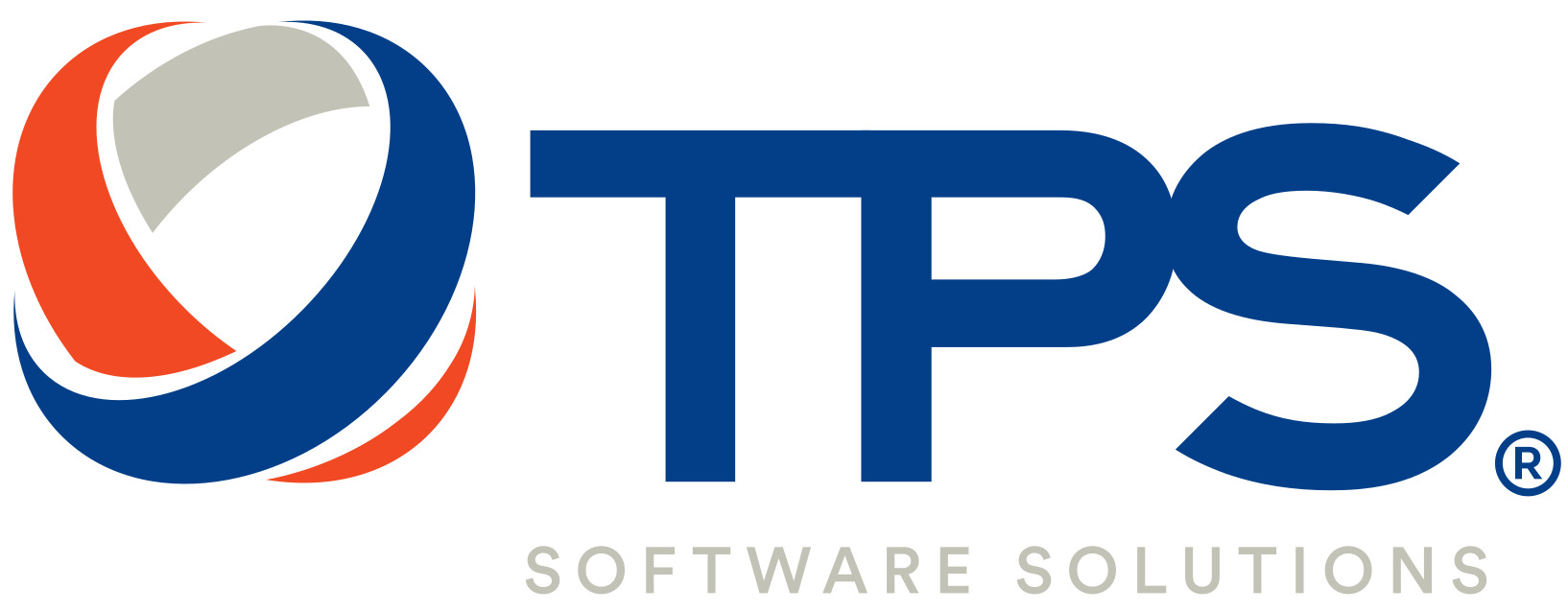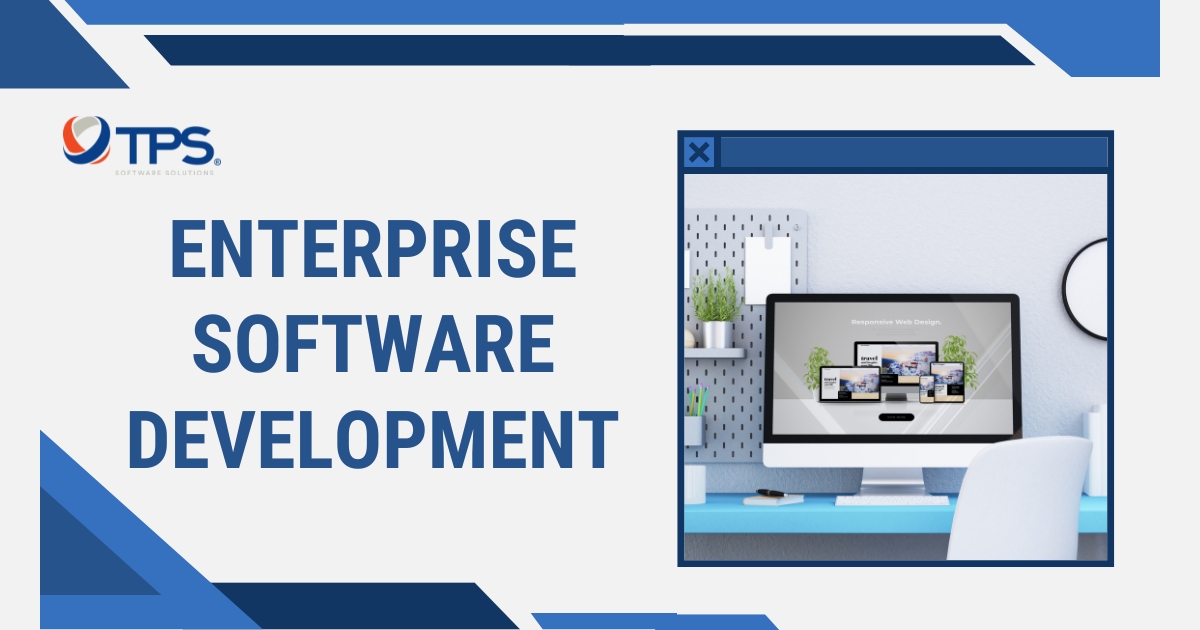Leveraging Outsourcing for Enterprise Software Development
In today’s competitive business landscape, outsourcing software development has become a strategic move for many enterprises. By partnering with a reliable software outsourcing service provider, organizations can tap into a vast pool of technical expertise, streamline their development processes, and achieve significant cost savings. In this article, we will explore the best practices for enterprise software development through outsourcing, providing unique and creative insights that can help B2B companies unlock the full potential of this approach.

8 Best Practices for Enterprise Software Development
We have collected the 8 best practices for Enterprise Software Development including
Tailoring the Outsourcing Model to Your Needs
When it comes to outsourcing enterprise software development, one size does not fit all. To maximize the benefits, it is crucial to customize the outsourcing model according to your specific requirements and business goals. Whether you opt for a dedicated team, time and material, or fixed-price project model, aligning the outsourcing approach with your development objectives ensures that you receive tailored solutions that perfectly fit your enterprise’s unique needs.
Creating a Seamless Collaboration Framework
Effective collaboration between your in-house team and the outsourced development team is paramount for successful enterprise software development. Establishing a seamless collaboration framework that promotes constant communication, shared project visibility, and regular progress updates is essential. Utilizing project management tools, video conferencing platforms, and collaborative documentation systems can foster a sense of teamwork and enable efficient knowledge transfer, ensuring that both teams work in sync towards a common goal.
Embracing Agile Methodologies for Outsourced Projects
Agile methodologies are not only applicable to in-house development but also highly beneficial for outsourced projects. By embracing Agile principles, such as iterative development, frequent feedback cycles, and adaptive planning, B2B companies can ensure that outsourced software development remains flexible, responsive, and aligned with their evolving business needs. Agile methodologies enable quick adaptability to changing requirements, seamless integration with existing systems, and enhanced visibility into the development process, thereby accelerating time-to-market and delivering exceptional software solutions.
Nurturing Strong Relationships with the Outsourcing Partner
Building strong relationships with your outsourcing partner is key to long-term success. Treat the outsourced development team as an extension of your own organization, fostering open communication, trust, and mutual understanding. Encourage regular meetings, both virtual and in-person, to facilitate relationship building and create a sense of shared ownership. Investing in a strong relationship with your outsourcing partner can lead to enhanced collaboration, improved productivity, and a higher quality end product.
Enforcing Quality Assurance and Testing Standards
Quality assurance and testing play a crucial role in outsourced enterprise software development. Implementing stringent quality assurance processes, such as comprehensive test plans, automated testing frameworks, and continuous integration and delivery pipelines, ensures that the software meets the highest standards of functionality, performance, and security. By enforcing these practices, B2B companies can mitigate risks, reduce the need for rework, and deliver top-notch software solutions to their enterprise clients.
Securing Intellectual Property and Confidentiality
When outsourcing software development, protecting intellectual property and maintaining confidentiality are of utmost importance. Ensure that your outsourcing partner has robust security measures in place, including secure coding practices, data encryption, and access controls. Sign non-disclosure agreements (NDAs) and establish clear contractual terms that safeguard your proprietary information. By addressing these concerns proactively, B2B companies can forge strong partnerships, assuring clients that their sensitive data and intellectual property are handled with the highest level of care and security.
Enabling Analytics and Business Intelligence Capabilities
Enterprise software development should incorporate advanced analytics and business intelligence capabilities to empower data-driven decision-making. By leveraging technologies like artificial intelligence and machine learning, enterprises can extract valuable insights from vast amounts of data. Integrating analytics dashboards, predictive modeling, and real-time monitoring features enables businesses to gain a deeper understanding of their operations, identify trends, and make informed strategic decisions.
Establishing DevOps Culture
DevOps practices promote collaboration, automation, and a culture of continuous improvement within development and operations teams. By fostering effective communication, breaking down silos, and automating repetitive tasks, enterprises can optimize software development lifecycles. Continuous monitoring, proactive issue detection, and swift incident response enhance software quality, reliability, and customer satisfaction. Embracing a DevOps culture fosters innovation, agility, and successful enterprise software development.
Conclusion
Outsourcing enterprise software development presents a wealth of opportunities for B2B companies. By customizing the outsourcing model, fostering seamless collaboration, embracing Agile methodologies, nurturing strong relationships, enforcing quality assurance and testing standards, and prioritizing security and confidentiality, organizations can unlock the full potential of outsourcing. Remember, successful outsourcing goes beyond cost savings; it empowers businesses to tap into specialized expertise, accelerate time-to-market, and deliver innovative software solutions that drive growth and success in today’s dynamic marketplace.











